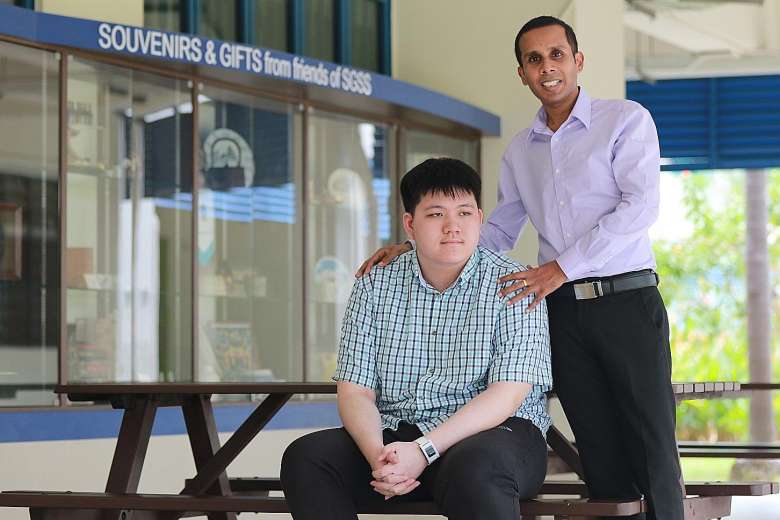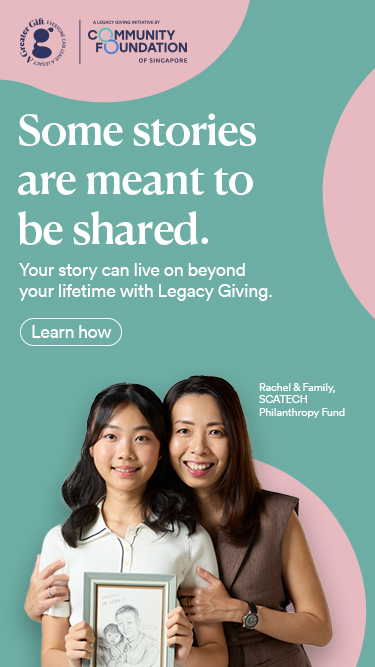The Straits Times: Teacher gives students with disabilities hope


by Rahimah Rashith, 24 October 2016
“It is not often that someone comes along who is a true friend and a good writer.”
The ending to beloved children’s book Charlotte’s Web by E.B. White gives an apt rendering of the relationship between teacher Jeyaram Kadivan, 34, and his former student, Mr Caleb Tay, now 20.
Over the course of a year in 2009, Mr Jeyaram spent his weekends thumbing over a paperback edition of the novel, scanning each page into his laptop using a machine that converted the scanned images into words. Read more.
by Rahimah Rashith, 24 October 2016
“It is not often that someone comes along who is a true friend and a good writer.”
The ending to beloved children’s book Charlotte’s Web by E.B. White gives an apt rendering of the relationship between teacher Jeyaram Kadivan, 34, and his former student, Mr Caleb Tay, now 20.
Over the course of a year in 2009, Mr Jeyaram spent his weekends thumbing over a paperback edition of the novel, scanning each page into his laptop using a machine that converted the scanned images into words. Read more.
- Related Topics For You: INCLUSIVITY & INTEGRATION, NEWS, PERSONS WITH DISABILITIES, YOUTH



